Photo by Amos Chan
“Wear the hat of a refugee,” Saraphin Dhanani ’16 was told. “Immerse yourself in their trials and tribulations and the pain and dwindling hope they face.” This was the advice Dhanani was given in Jordan her junior year, when she spent a semester traveling around the world through the International Honors Program on Human Rights, studying refugee and migrant resettlements. It’s advice that stuck with her, and has influenced her studies and life ever since.
When Dhanani was accepted as a fellow in Wellesley’s Madeleine Korbel Albright Institute for Global Affairs during her senior year, she was eager to continue working with refugees. During Wintersession 2016, her group was charged with thinking about ways to achieve the U.N.’s Sustainable Development Goal No. 4, to ensure quality education for all. Dhanani’s team concluded that an important group to focus on is the refugee population. Furthermore, she explains, “as someone who has always been very passionate about countering extremism, I saw the correlation between education opportunities, whether it be through traditional education, vocational training, etc., and its role in promoting and uplifting the populations that are most vulnerable [to extremism], specifically men ages 18 to about 35.”
When it came time to decide where she wanted to go for her Albright internship this past summer, she knew wanted to work in Turkey in an urban setting. “In Jordan, I loved being in the camp and working with people on the grassroots, but I realized that there are also refugees in city centers, and oftentimes, they are neglected, because humanitarian aid sees them as more independent and less vulnerable,” she says.
‘As someone who has always been very passionate about countering extremism, I saw the correlation between educational opportunities … and its role in uplifting the populations that are most vulnerable … . ’
—Saraphin Dhanani ’16
Dhanani wound up working in Istanbul with an organization called Small Projects Istanbul, which helps Syrian refugees integrate into Turkish society by giving them access to education opportunities and vocational training. At the same time, she got at internship at Refugee Rights Turkey, where she learned about international and Turkish refugee laws.
“I quickly picked up that the way in which the laws were changing for refugees was not for the best, and these men did not really have a future in Turkey. … The best way would be to leave Turkey and go to a European country,” she says. Serendipitously, through an email list, Dhanani learned about Rhodes Scholar programs for refugees. Many of the men she was working with had advanced degrees and were good candidates for these opportunities. She began to reach out to universities to learn whether they’d consider securing spots for Syrian refugees. At the same time, she helped organize volunteers to work with the refugees to help them prepare for their university entrance English exam.
Right in the middle of Dhanani’s time in Turkey, elements of the Turkish military attempted to overthrow President Recep Tayyip Erdogan. She was not harmed and was able to continue her work, but, she says, “I completely saw the society shift. … The Syrians were extremely, extremely anxious, because they didn’t know what was in store for them. … I’ll never forget one of my Syrian friends was saying how exhausted he was. And you know, exhaustion, I think, is the best way to put it. I could see it on so many faces, how worried and unsettled they were.”
Dhanani now lives in New York City and works at the Federal Reserve Bank of New York. But she has stayed connected to her work with refugees, and continues to help them apply for scholarships in European countries. She is also interning at the International Refugee Assistance Project. Even from more than 5,000 miles away, Dhanani remains immersed in the refugees’ struggles.

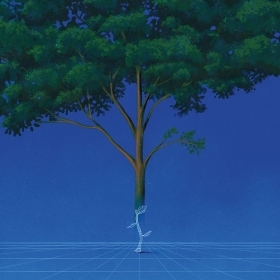
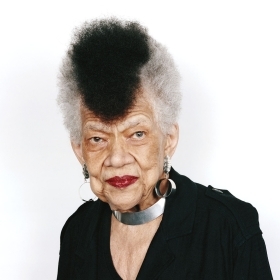
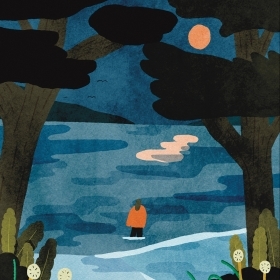
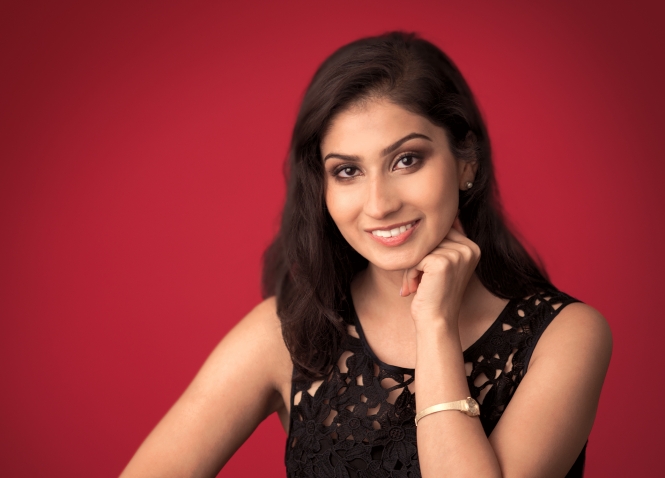
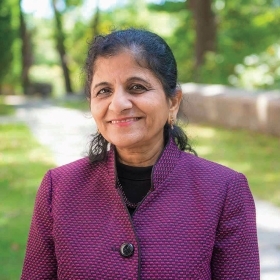
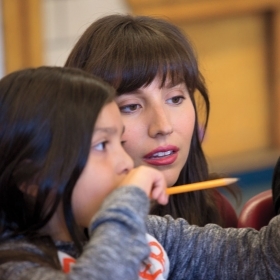
We ask that those who engage in Wellesley magazine's online community act with honesty, integrity, and respect. (Remember the honor code, alums?) We reserve the right to remove comments by impersonators or comments that are not civil and relevant to the subject at hand. By posting here, you are permitting Wellesley magazine to edit and republish your comment in all media. Please remember that all posts are public.